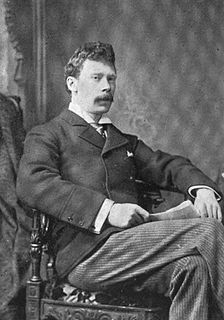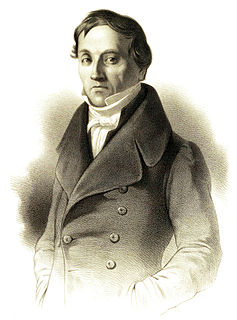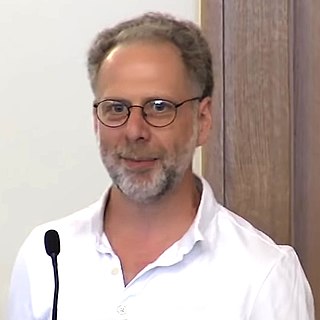A Quote by Philip Kitcher
Anxieties about ourselves endure. If our proper study is indeed the study of humankind, then it has seemed-and still seems-to many that the study is dangerous. Perhaps we shall find out that we were not what we took ourselves to be. But if the historical development of science has indeed sometimes pricked our vanity, it has not plunged us into an abyss of immorality. Arguably, it has liberated us from misconceptions, and thereby aided us in our moral progress.
Related Quotes
The Louvre is the book in which we learn to read. We must not, however, be satisfied with retaining the beautiful formulas of our illustrious predecessors. Let us go forth to study beautiful nature, let us try to free our mids from them, let us strive to express ourselves according to our personal temperaments. Time and reflection, moreover, little by little modify our vision, and at last comprehension comes to us.
Know thyself! This is the source of all wisdom, said the great thinkers of the past, and the sentence was written in golden letters on the temple of the gods. To know himself, Linnæus declared to be the essential indisputable distinction of man above all other creatures. I know, indeed, in study nothing more worthy of free and thoughtful man than the study of himself. For if we look for the purpose of our existence, we cannot possibly find it outside ourselves. We are here for our own sake.
Guileless and without vanity, we were still in love with ourselves then. We felt comfortable in our skins, enjoyed the news that our senses released to us, admired our dirt, cultivated our scars, and could not comprehend this unworthiness. Jealousy we understood and thought natural--a desire to have what somebody else had; but envy was a strange, new feeling for us.
Paper after paper, study after study, have shown that chairs give us back problems because they shorten our hip flexors, give us weak backs, of course it make us sedentary. We take years off our lives probably by sitting in chairs, but we like them because they're comfortable. You go to an African village, you find me a chair with a back. That's a rare thing out there.
Although our moral conscience is a part of our consciousness, we do not feel ourselves on an equality with it. In this voice which makes itself heard only to give us orders and establish prohibitions, we cannot recognize our own voices; the very tone in which it speaks to us warns us that it expresses something within us that is not of ourselves.
Do you not think that sometimes when matters are at the worst with us, when we appear to have done all which we ourselves can do, yet all has been unavailing, and we have only shown we cannot, not we will not, help ourselves; that often just then something comes, almost as if supernaturally, to settle for us, as if our guardian angel took pity on our perplexities, and then at last obtained leave to help us? And if it be so, then what might only be a coincidence becomes a call of Providence, a voice from Heaven, a command.
Let us serve Him faithfully as our Master. Let us obey Him loyally as our King. Let us study His teachings as our Prophet. Let us work diligently after Him as our Example. Let us look anxiously for Him as our coming redeemer of body as well as soul. But above all let us prize Him as our Sacrifice, and rest our whole weight on His death as atonement for sin. Let His blood be more precious in our eyes every year we live. Whatever else we glory in about Christ, let us glory above all things in His cross.
We scientists have way too much a tendency to simplify problems. I guess it actually comes to us naturally. Take the simplest unit, separate out all the confusing, external factors. Study it. Make sure you understand it. And in psychology that means the person studying the individual. But if you want to study our social nature, if you want to study processes that will lead to war and peace, you don't learn all that much by looking at the single individual. A lot of the important things are emergent facts about us, things that you can only see when you get a lot of us interacting.
The flight from study and awareness is much too common in a world that throws too many confusing pictures to the individual. For the sake of our democracy, based on freedom and individualism, we have to bring ourselves back to study again and again. Otherwise, we can become easy victims of a well-planned verbal attack on our minds and our consciences.
[Grace] is given not to make us something other than ourselves but to make us radically ourselves. Grace is given not to implant in us a foreign wisdom but to make us alive to the wisdom that was born with us in our mother?s womb. Grace is given not to lead us into another identity but to reconnect us to the beauty of our deepest identity. And grace is given not that we might find some exterior source of strength but that we might be established again in the deep inner security of our being and in learning to lose ourselves in love for one another to truly find ourselves.

































